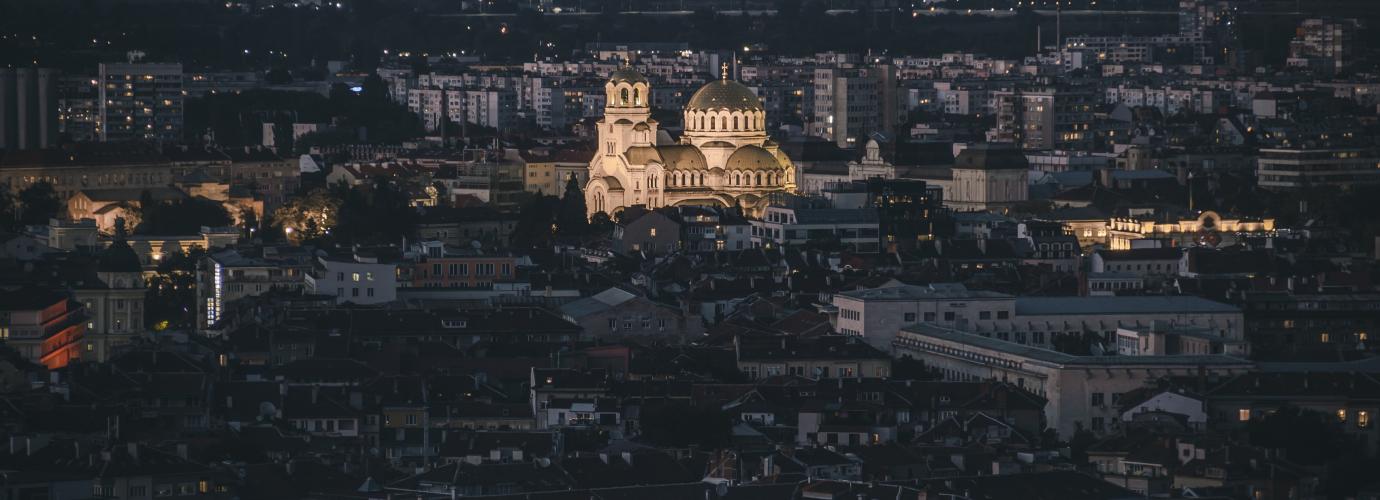Demographic situation
According to the National Statistical Institute, as of 31 December 2022 the population of Bulgaria is 6 447 710 people, compared to 2021 the population of the country decreased by 0.5%. This downward trend, and an aging population, is projected until 2090.
In 2022, the population in all six statistical regions is decreasing compared to 2021, with the largest decrease in the Northwest region, by 1.5%, and the smallest decrease in the Southwest region, by 0.1%. The population decrease, estimated by the natural growth rate, is minus 9.6‰, with the natural growth rate in urban areas being minus 7.2‰ and in rural areas minus 16.4‰.
Half of the country's population (51.5%) lives in the South-West and South-Central regions, while the North-West region has the smallest population - 672 thousand people, or 10.4% of the country's population.
In 2022, 1.6% of the country's population had moved between settlements. The largest territorial movement is in the direction "city - city" (41.1%), followed by the direction "village - city" (25.1%) and "city - village" (23.6%). Significantly smaller in number and relative share is the migration flow in the direction "village - village" - 10.1% of migrants.
Languages
According to the Constitution of Bulgaria, the official language is Bulgarian.
In the 2021 census, 77% of the population declared Bulgarian as their mother tongue, 8% Turkish and 3.5% Roma. These are the three main ethnic groups, with the rest of the population including other ethnicities such as Armenian, Karakachan, Russian, Macedonian, Greek, Ukrainian, Pomak, Bulgarian-Mohammedan, and others.
Religions
According to the Constitution, the traditional religion in the Republic of Bulgaria is the Eastern Orthodox religion. Religions are independent and religious institutions are separate from the state.
Religious communities and institutions as well as religious beliefs may not be used for political purposes.
In the 2021 census, 65% of those enumerated declared a Christian religion and 10% a Muslim religion.

